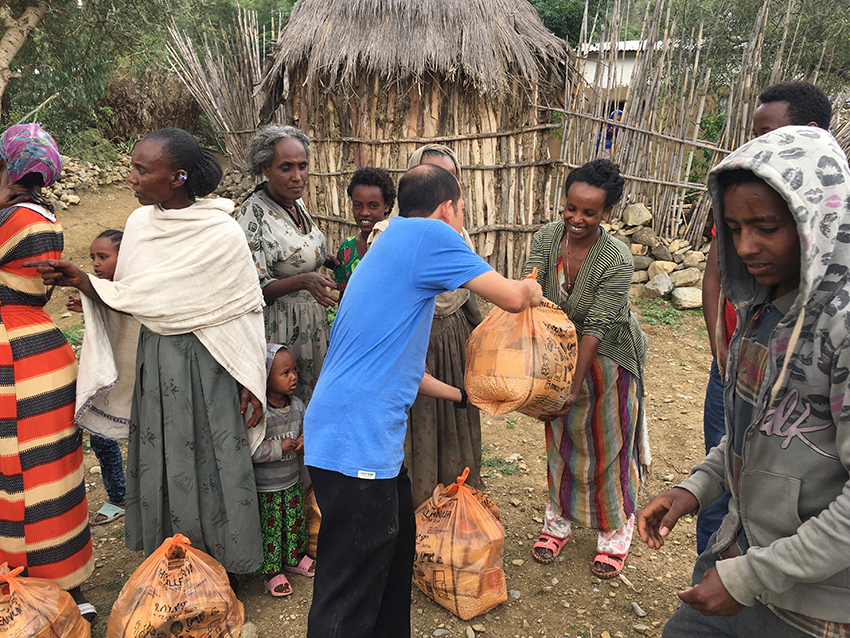A ceasefire deal in Ethiopia’s northern Tigray region has raised cautious hope among millions of people impacted by the bloody two-year conflict that their anguish could be coming to an end.
Many civilians are also reflecting on the terrible losses they suffered, and look to promised aid to rebuild their lives after a war that has killed thousands, displaced millions and left hundreds of thousands facing famine.
“I’m very happy – because this will put a hold on the suffering,” said a Tigrayan man in Ethiopia’s capital Addis Ababa who declined to be named out of fear of repercussions at his place of work.
“The positivity comes from humanitarian assistance and the restoration of basic services,” he said, referring to pledges made by Tigrayan regional forces and the federal government in a joint statement on Wednesday after eight days of formal peace talks.
The two sides agreed to “a permanent cessation of hostilities” and to “systematic, orderly, smooth and coordinated disarmament,” but the scars are still fresh and run deep. The region has been largely cut off from the outside world.
Hospitals have run out of crucial medicines, while hundreds of thousands are teetering on the brink of famine.
The Ethiopian government has repeatedly denied blocking humanitarian supplies to Tigray.
“My father – we haven’t spoken to him in more than three years. We haven’t even gotten any voice messages from him,” the Tigrayan man in Addis Ababa told Reuters.
Another man, Molla, who declined to use his full name, said he was in his home in the northern Amhara town of Kobo when Tigrayan fighters attacked in September last year.
“They shot at us. My brothers died, we had to bury (them),” said Molla, who escaped with a bullet wound in his shoulder. “We would be happy if this is a real peace. We would be so relieved. We will have to find a way to stop re-living the past.”
“We lost everything. Just, literally everything,” said Andom Gebreyesus, who ran a tour company in Tigray before the war.
He managed to escape to Kenya with his children but, like many, has not heard from the rest of his family in more than a year.
“It’s the most…the most unreachable place. No communication, no power, no banking system. I don’t even know if they are alive. I don’t know.”





